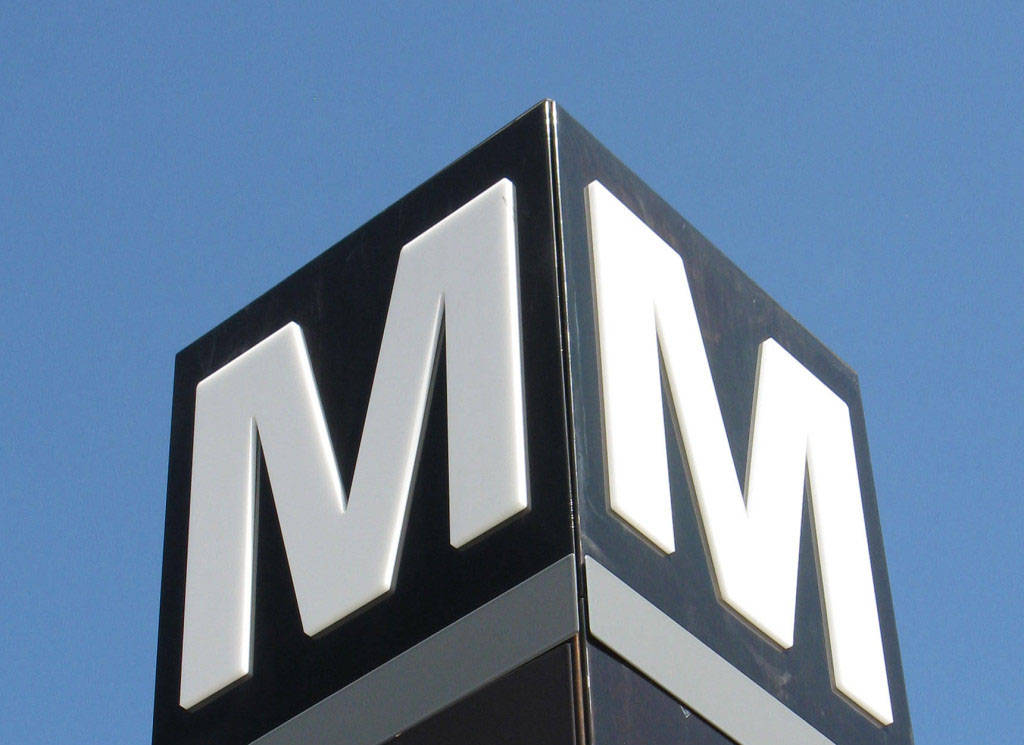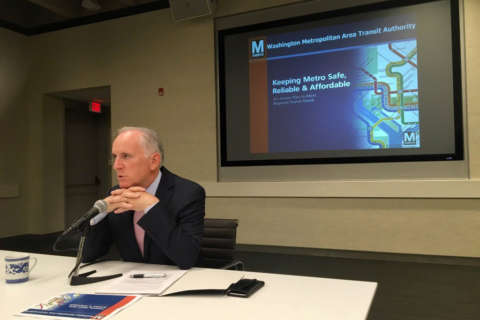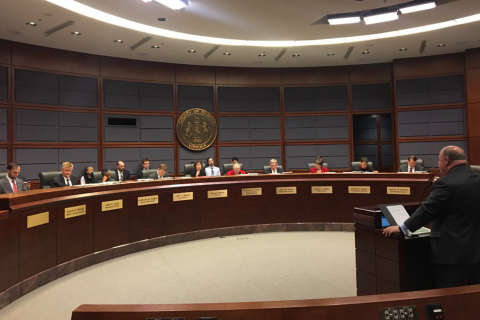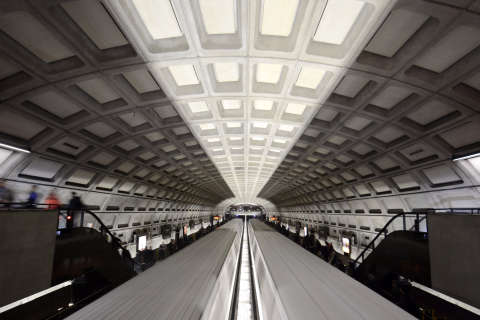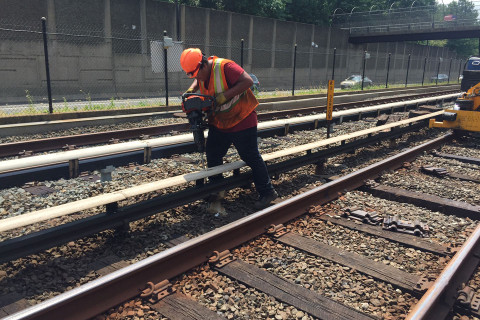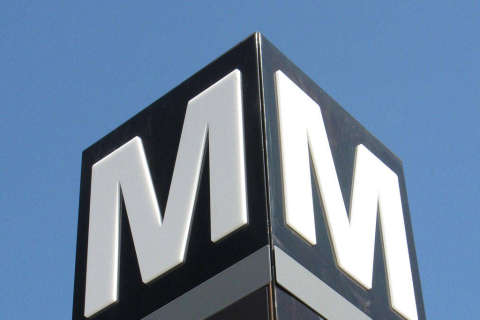
WASHINGTON — A dedicated tax for Metro could take a step forward Wednesday afternoon.
The Metropolitan Washington Council of Governments Technical Panel is due to offer final recommendations on how to pay for Metro’s massive construction and maintenance needs.
The panel, made up of the chief government administrators for Fairfax, Arlington, Loudoun, Montgomery, and Prince George’s counties plus the District and Alexandria, follows in the footsteps of a similar 2005 panel that recommended a regionwide sales tax.
That recommendation was never acted on.
Montgomery County Council President Roger Berliner, a longtime supporter of a dedicated tax for Metro, said ahead of the report’s release that this time must be different.
“There is simply no question that our region must come together, and in the next session in 2018, starting in Virginia, we must pass dedicated funding. We must find a path to get to yes on that fundamental question,” he said.
Metro General Manager Paul Wiedefeld has asked for at least $500 million per year in dedicated capital funding to pay for more than $15 billion in projects over the next decade. That work would not address an additional $10 billion for long-term needs.
Wiedefeld’s proposal, released last week, also promised that in exchange for the dedicated funding, Metro would limit increases in existing contributions from local taxpayers to 3 percent each year.
Metro’s Chief Financial Officer Dennis Anosike worked on both Wiedefeld’s proposal and this regional technical panel report.
An interim report by this technical panel released in the fall led to optimism from Berliner and other supporters of dedicated funding that the region may actually take action this time.
That interim report focused on Metro’s financial needs and the importance of Metro to the region’s economy. The interim report also was a part of D.C. Chief Financial Officer Jeffrey DeWitt’s pitch at the time to D.C. Mayor Muriel Bowser, Maryland Gov. Larry Hogan and Virginia Gov. Terry McAuliffe for a 1 percent regional sales tax to cover Metro’s needs.
The panel said the final report coming out Wednesday afternoon would reach “conclusions on funding needs, as well as revenue and financing options for regional consideration and action by policymakers.”
Now that Wiedefeld has Metro’s ship pointed in the right direction, Berliner said, there may be enough political capital to get Maryland and Virginia’s general assemblies on board with a new dedicated tax.
In both states, local governments cannot approve new funding sources such as a sales or gas tax unless the General Assembly first gives permission.
“The battleground is and will remain Virginia, and that’s going to be where we need to focus our energy and make sure that the state of Virginia appreciates how important it is to allow Northern Virginia to fund Metro in the manner in which it must be funded,” Berliner said.
Any steps taken by the Council of Governments Wednesday or in coming months would not be binding on any of the jurisdictions, but could lead to model legislation that could be taken up during the general assembly sessions that begin this winter. The D.C. Council sits year-round and could take up the issue at any time.
With Metro expecting to request significantly more money from local jurisdictions next year than the agency did for the current budget that begins this July, Berliner believes that the region must agree on a path forward by the end of summer so that Maryland, Virginia and D.C. can pass legislation within the next year.
“My hope and belief is that we as a region can come together and will come together,” Berliner said. “This system cannot fail. There is no option B when it comes to Metro.”

